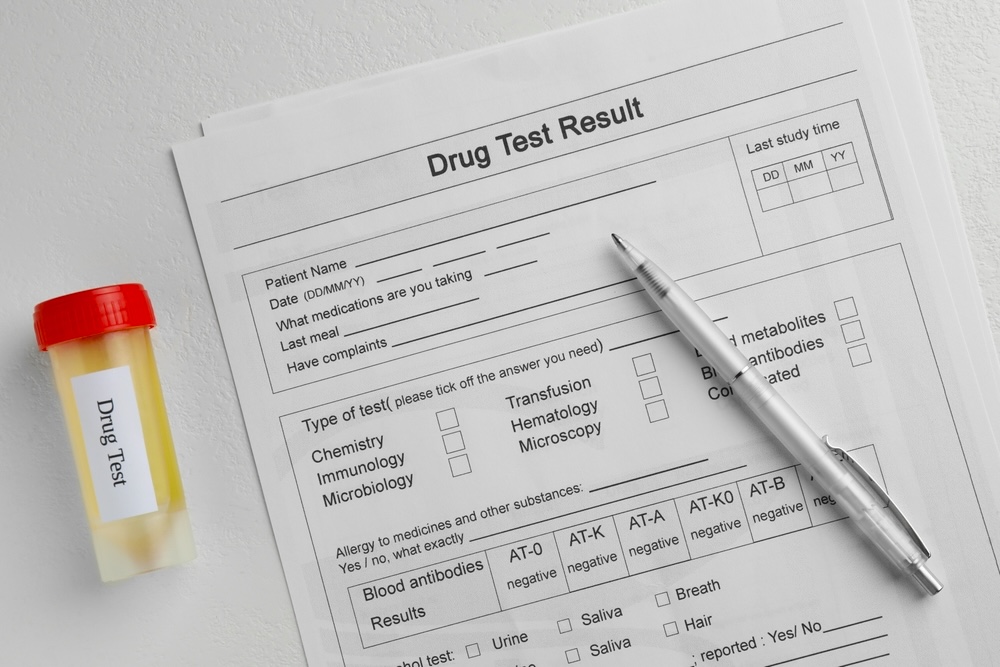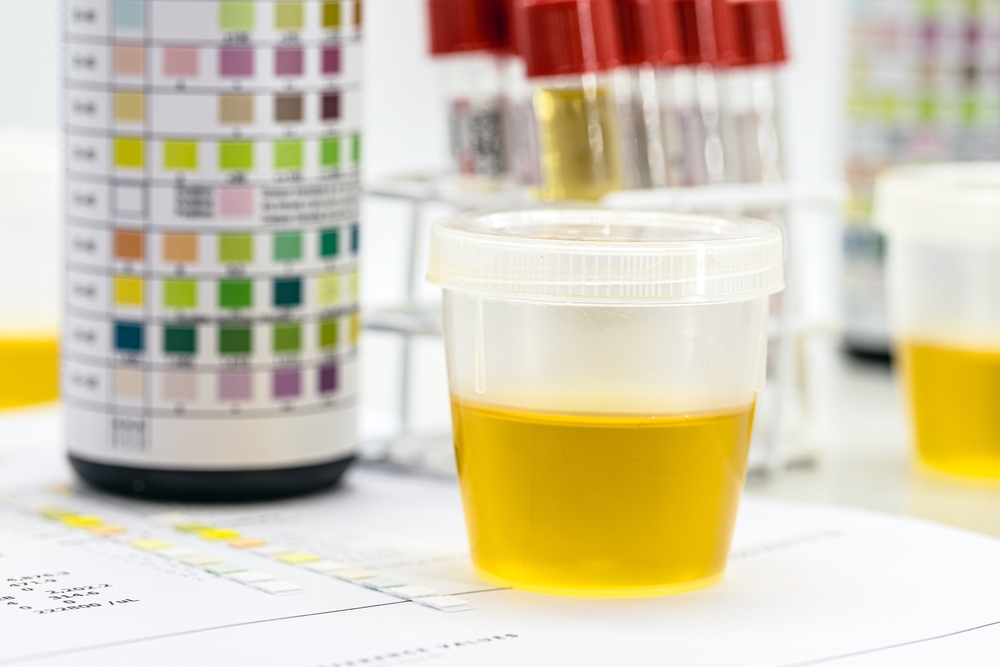If you’re asking yourself how long crack stays in urine, you’re not alone. Maybe you’re preparing for a drug test, or you’re worried about the health and safety of a loved one. Crack cocaine is a serious substance derived from the coca plant, and its effects on the body can be harmful and far-reaching.
Knowing how long it stays in your system can help you understand its impact and make informed decisions, whether it’s addressing use or ensuring a clean test.
This blog will break down how long crack cocaine stays detectable in urine, blood, saliva, and hair. We’ll also look at factors that can affect detection windows and on the best ways to start recovery if you or someone you love is struggling with crack cocaine addiction.
How Long Does Crack Stay in Urine?
Urine tests are one of the most common ways to detect drug use. Crack cocaine, a potent and quick-acting form of cocaine, can usually be detected in urine anywhere from 1 to 4 days after use.
For heavy or frequent users, it might linger longer. This is because chemical traces of the drug, called metabolites, stick around in your system even after the effects wear off.
The exact length of time crack cocaine stays detectable in urine depends on several factors, such as your overall health and metabolism. If you’re undergoing testing, keep in mind these detection windows can vary from person to person. Regardless, a urine test is a reliable way to detect crack cocaine.

How Long Does Crack Stay in Blood?
Blood tests are another method of detecting crack cocaine, though they’re less common than urine tests. Crack cocaine is usually detectable in your blood for about 24 hours after use. Blood tests are often used if someone is suspected of recent drug use because the detection window is much shorter.
Keep in mind that blood testing is typically done in specific settings where substance use is suspected to get negative or positive results.
How Long Does Crack Stay in Saliva?
Saliva tests are another way to detect crack cocaine use, though they, too, have shorter detection windows. Crack can generally be identified in saliva for up to 24 hours after use. Results can vary depending on the user’s metabolism and how recently they used the drug. This type of test is quick and easy, making it a popular choice for on-the-spot drug screenings.
If you’re concerned about detection, remember that while saliva tests are convenient, they may not always provide as much historical insight as a hair or urine test. However, they are still effective for catching recent use.
How Long Does Crack Stay in Hair?
If you’re looking for the longest detection window, hair tests are the most revealing. Crack cocaine can be detected in hair samples for up to 90 days after use. Hair tests are often used in legal or workplace situations when there’s a need to track drug use over weeks or months.
While effective, they also have some limitations. For example, external contamination or certain hair treatments might affect test results. Still, if you’re wondering how long crack stays in your system in the most extensive way, hair tests provide the clearest picture.

Factors That Affect How Long Crack Stays in Urine
The length of time crack cocaine stays detectable in urine depends on several personal and lifestyle factors. A user’s metabolism plays a significant role. Individuals with faster metabolic rates tend to process and eliminate substances like crack cocaine more quickly than those with slower metabolisms.
Overall health is another key factor. Body systems like the liver and kidneys can influence how long crack remains in the system. Poor health or compromised organs may prolong the process.
Frequency of use also matters since individuals who consistently use crack build up more metabolites in their system. This leads to longer detection windows.
Similarly, the quantity used can affect how long the drug stays in the body. A single small dose might clear out faster compared to heavy or frequent use. Other factors such as hydration and activity levels may also play a role. However, it’s important to remember that exact detection times can vary significantly between individuals because of these factors.
Best Detox Treatment for Crack Addiction
If you or someone you care about is battling crack cocaine addiction, there is help available. Detoxing from crack can be challenging, but professional support makes a huge difference.
At Saddleback Recovery, we offer personalized, evidence-based treatments to help people safely detox and begin their recovery. Remember that crack cocaine is highly addictive, and long-term use can take a severe physical and emotional toll. Our team provides medical supervision and therapeutic support to make the process smoother and more successful. Contact us today to learn more about our detox treatment programs.









